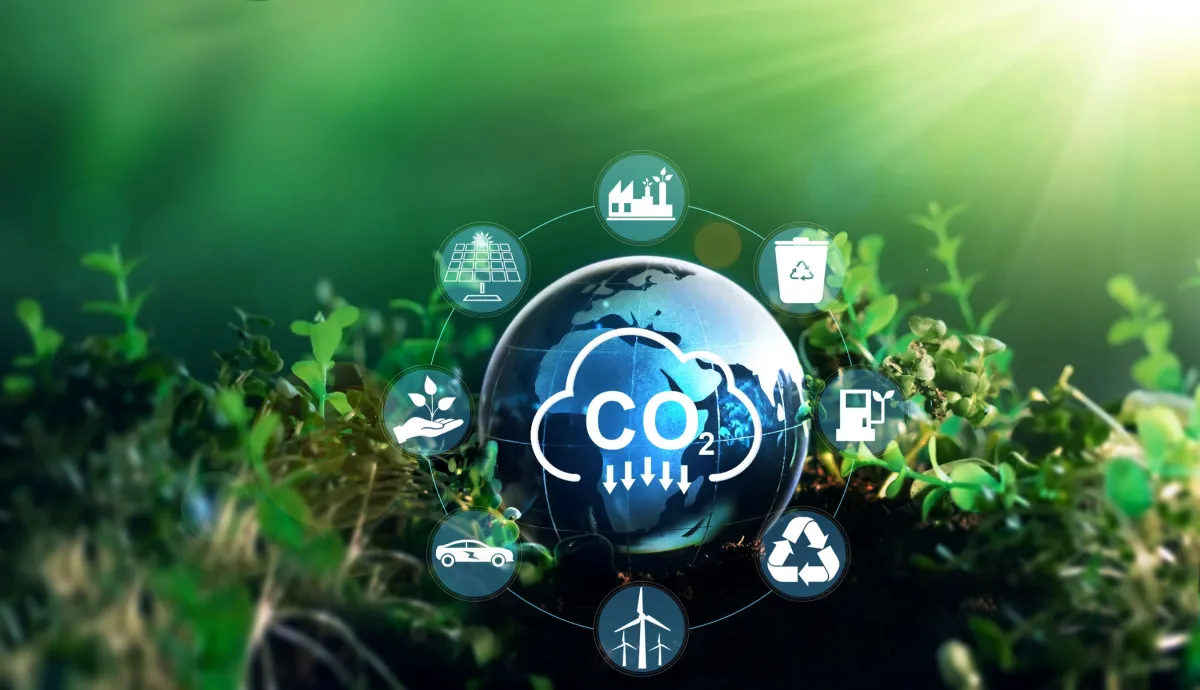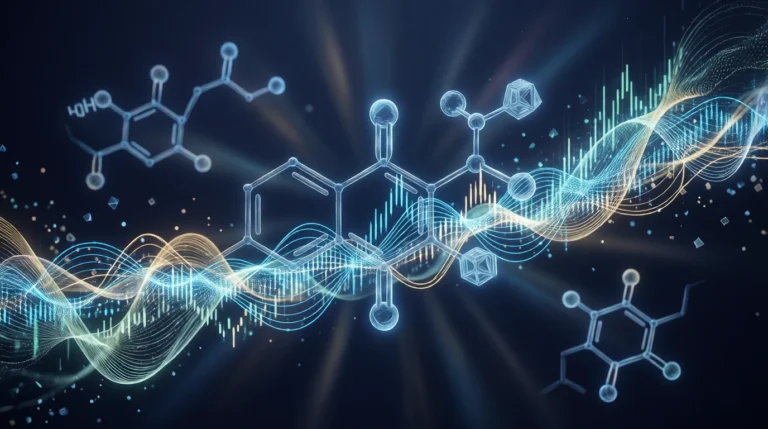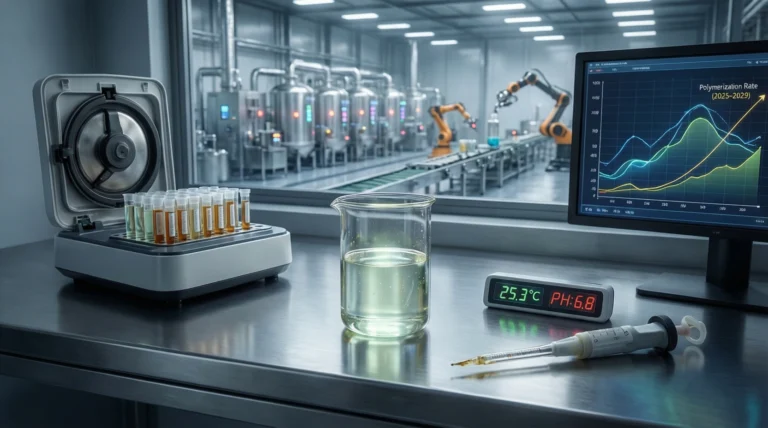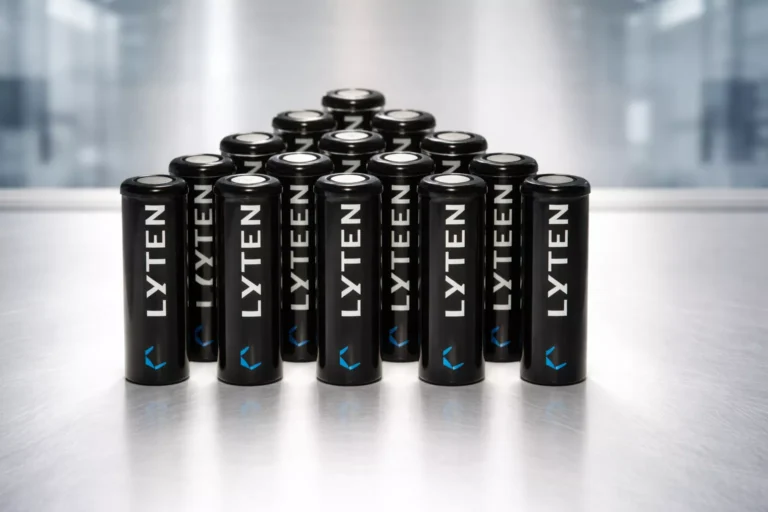
GC Produces Thailand’s First Sustainable Aviation Fuel, Boosting Global Low-Carbon Leadership marking a significant milestone in both the energy and chemical industries. This achievement is a testament to GC’s commitment to driving biochemical innovation and reinforcing its vision to create “Difference through Sustainable Innovation.”
GC’s goal is to become a global leader in future-integrated chemical products by developing environmentally friendly products that promote sustainable business growth, all while working toward achieving Net Zero greenhouse gas emissions by 2050.
GC’s SAF production draws on the company’s deep expertise in refining and advanced chemicals to produce clean energy innovations specifically designed for the aviation industry. This Aviation Fuel is a major step forward in reducing greenhouse gas emissions, as well as adding value to agricultural raw materials and domestic waste. Additionally, it enhances Thailand’s potential to become a leading low-carbon aviation hub within the ASEAN region.
Mr. Tossaporn Boonyapipat, President of GC, emphasized the importance of this breakthrough, stating, “The official commercial production of SAF marks a critical moment in supporting the rapidly growing demand for renewable energy in Thailand’s commercial aviation industry. Aviation Fuel As sustainability practices become increasingly important for reducing greenhouse gas emissions, GC’s SAF is prepared to meet this demand.
Our SAF has been certified with the ISCC CORSIA (International Sustainability and Carbon Certification – Carbon Offsetting and Reduction Scheme for International Aviation Fuel), a prestigious international standard recognized in the aviation industry for sustainability certification. This certification enables GC’s SAF to reduce carbon dioxide emissions by up to 80% compared to conventional Aviation Fuel, based on ISCC CORSIA certification standards.”
Furthermore, GC has also been certified under the ISCC Plus (International Sustainability and Carbon Certification Plus) standard, which focuses on the use of bio-based and renewable raw materials for sustainable product development. GC has already developed over 10 high-value bio-based products Aviation Fuel to meet the growing demands of environmentally conscious markets in various industries. These include the sustainable packaging, automotive, and textile industries, further affirming GC’s dedication to operating under the highest sustainability standards.

Market Challenges and Strategic Approach
The demand for SAF has been rising rapidly, driven by an increased awareness of the environmental impact of the aviation industry and the development of a regulatory framework that supports the adoption of renewable energy sources. To capitalize on this opportunity, GC has focused on three key strengths to meet both the challenges and the growth potential in the SAF market: Aviation Fuel modern infrastructure, a skilled workforce with expertise in oil refining, and an efficient raw material management system, which includes the use of domestic used vegetable oil to produce commercial SAF.
Additionally, GC has established strategic partnerships with key players in the Aviation Fuel industry, positioning itself to maintain a significant share of the SAF market while also shaping the future of both the commercial aviation and energy industries.
Key Features of GC’s Biorefinery
- High-Efficiency Production Innovation: In its first phase, GC plans to produce 6 million liters of SAF annually, utilizing used vegetable oil as the primary raw material. The company aims to scale this production to 24 million liters per year in the future. By enhancing its existing refinery, GC has saved on investment costs compared to building a new facility, underscoring its commitment to expanding bioenergy production capacity in a cost-effective manner. This aligns with the company’s sustainable growth goals and low-investment strategy.
- Strategic Partnerships: GC has formed collaborations with key aviation industry partners such as OR and Thai Airways, enabling it to deploy SAF on both domestic and international flights Aviation Fuel. This collaboration marks a critical step in building a regional distribution network and setting new standards for environmentally friendly aviation.
- Expanding into High-Value Products: GC has developed a range of chemicals and bio-based products catering to industries such as sustainable packaging, automotive parts, electronics, textiles, and pharmaceuticals. By adding value to domestic agricultural raw materials, GC meets the demands of an environmentally-conscious market while supporting local farmers and communities.
- Economic and Environmental Impact: The SAF project not only strengthens Thailand’s energy security but also contributes to reducing greenhouse gas emissions in the aviation sector. Furthermore, it generates new business opportunities in the low-carbon industry and creates value for agricultural products, reinforcing GC’s leadership role in driving innovation for the country’s sustainability.
Future Growth Plans
GC’s commitment to expanding production capacity for chemicals and bio-based products powered by renewable energy remains a central focus. The company is investing in sustainable technologies to meet future market demands for chemical and bio-based products while reducing greenhouse gas emissions and improving production efficiency over the long term.
Moreover, GC aims to strengthen its partnerships both domestically and internationally, expanding its market base and collaborating with organizations specializing in biotechnology and renewable energy. This collaboration will drive the development of sustainable product markets and facilitate the company’s efforts to support a circular economy.
The company is also working to enhance sustainability throughout its supply chain, from selecting sustainable bio-sources to product distribution.Aviation Fuel This will ensure that its chemical and bio-product production processes remain environmentally and socially responsible.
In addition, GC plans to deliver comprehensive solutions across various industries, focusing on developing products and services that help reduce greenhouse gas emissions throughout the supply chain. By doing so, GC aims to position itself as a leader in sustainable chemical innovation, fostering trust with consumers and shareholders and supporting long-term business success.
GC is dedicated to creating a sustainable future by providing integrated chemical solutions to meet the needs of the market and driving the transition to a circular economy. Through these efforts, GC is not only advancing its own goals but also contributing to an environmentally friendly and sustainable future for all.








